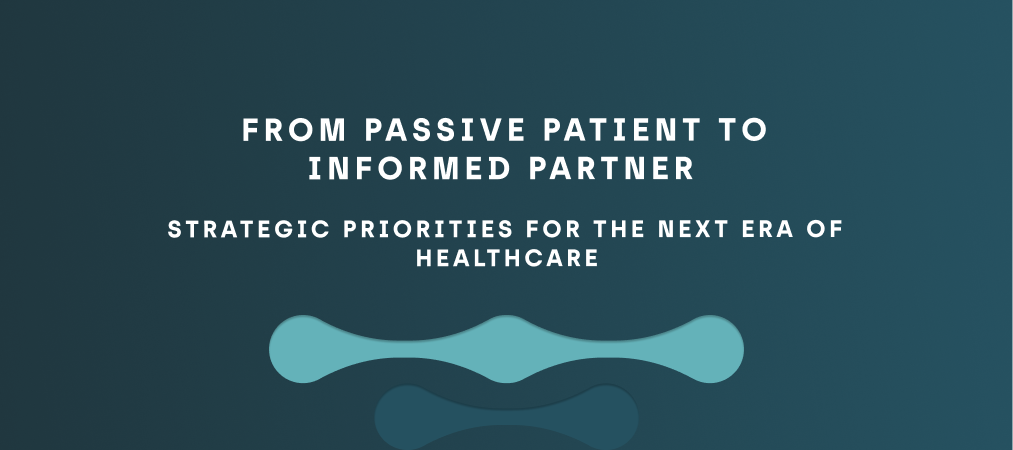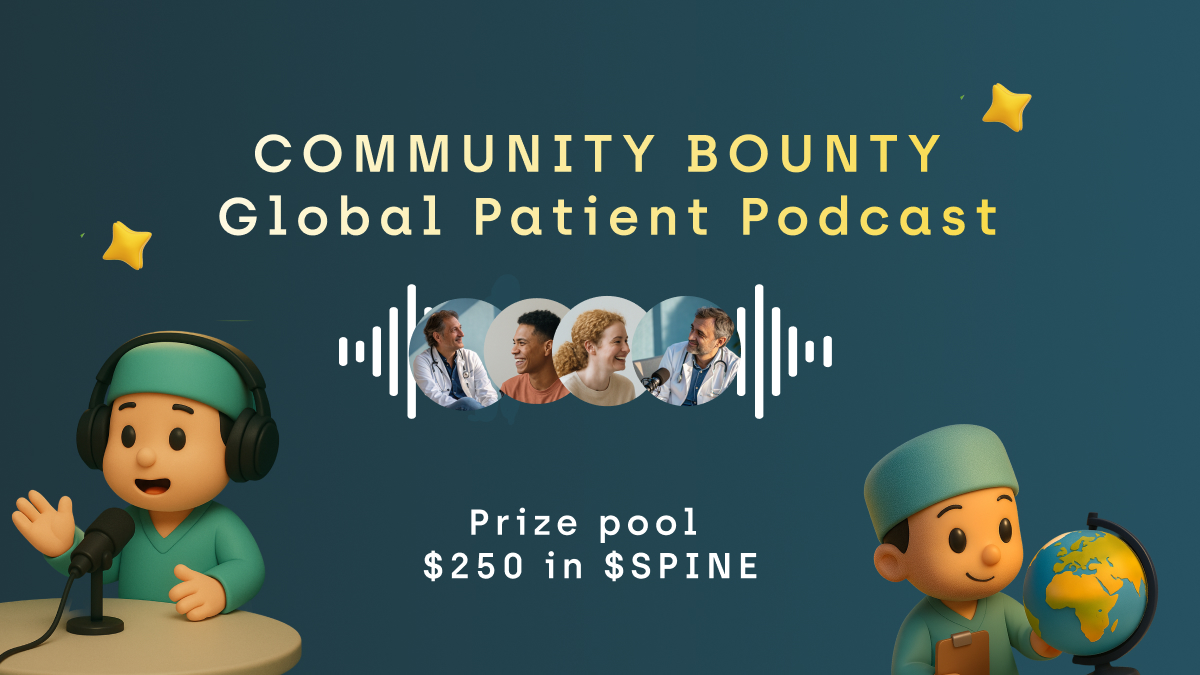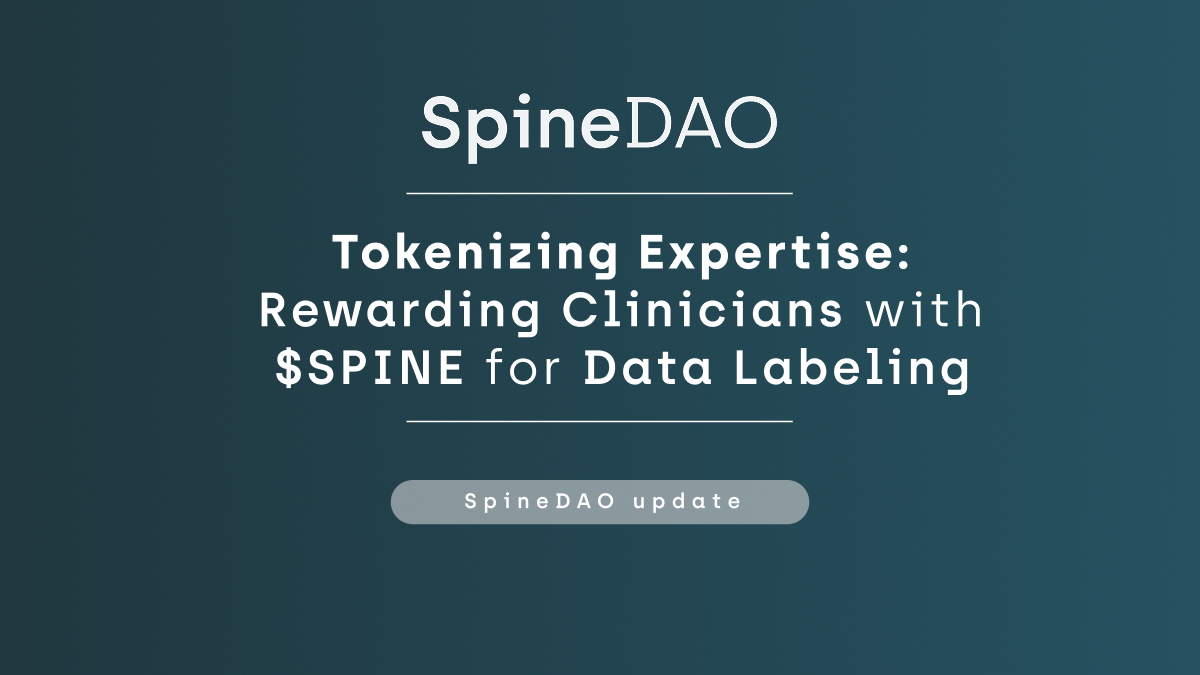From Passive Patient to Informed Partner: Strategic Priorities for the Next Era of Healthcare

Three decades of research demonstrate that the quality of doctor–patient communication directly influences patient satisfaction, loyalty, and adherence to care plans. This is no longer a soft skill. It is a strategic lever for competitive advantage in a healthcare market where patients act more like informed consumers.
Patient Expectations in 2025: Where Psychology Meets Healthcare Innovation
In 2025, patient expectations are evolving beyond faster appointments or improved facilities. They are being shaped by advances in psychology, communication science, and digital health. Leading health systems are not only removing inefficiencies but are also redesigning care experiences around human connection, trust, and personalized engagement.
Three decades of research demonstrate that the quality of doctor–patient communication directly influences patient satisfaction, loyalty, and adherence to care plans. This is no longer a soft skill. It is a strategic lever for competitive advantage in a healthcare market where patients act more like informed consumers. Below are three strategic priorities for health systems that want to remain competitive.
1. Empower Patients with Agency, Knowledge, and Specialized AI
One of the most significant shifts in healthcare is the move from provider-directed care to patient-empowered decision-making. Recovery and long-term health outcomes depend not only on the treatment chosen but on the patient’s confidence and understanding in making that choice.
Patients often face multiple treatment paths, each with distinct risks, benefits, and timelines. Without clear and personalized guidance, they can experience confusion, decision paralysis, or regret. Specialized healthcare AI offers a solution. Trained on validated medical knowledge and reviewed by clinical experts, these systems can:
- Translate complex medical information into clear, patient-friendly language
- Compare treatment options based on the patient’s health profile
- Highlight the latest evidence and guidelines relevant to the case
- Suggest targeted questions to improve the quality of doctor consultations
By providing accurate and personalized insights before, during, and after consultations, specialized AI strengthens patient agency and ensures choices align with personal values, lifestyle, and long-term goals. The health systems that combine human empathy with AI-powered clarity will enable patients to navigate their care journeys with confidence and make decisions they own.
2. Build Trust to Drive Recovery
Recovery depends on more than clinical intervention. It is also shaped by the quality of the doctor–patient relationship. A qualitative study found that positive, trusting relationships developed over time significantly improve recovery outcomes. This underscores the therapeutic power of relational trust beyond medical procedures.
Practical actions for health systems include:
- Ensuring continuity of care so patients see the same clinician or team consistently
- Encouraging clinicians to actively seek patient narratives, aligning treatment with individual goals and values
- Embedding trust-building measures into patient experience metrics
In a competitive healthcare landscape, the strength of the human relationship can be as decisive as advanced treatments.
3. Redesign Processes for Speed and Quality
Long wait times frustrate patients and reduce staff morale. However, speed alone does not create loyalty. The psychological quality of each interaction matters equally.
To achieve both efficiency and quality, health systems can:
- Automate administrative tasks to free clinicians for meaningful patient dialogue
- Redesign workflows to allow for brief but impactful personal connections
- Use decision-making frameworks to ensure efficiency does not undermine understanding
Patients are more likely to recommend providers who listen, explain clearly, and involve them in decisions, even if the appointment is shorter than expected.
The Competitive Edge: Empathy at Scale
In 2025, patient loyalty will be determined by the intersection of psychological connection and operational excellence. Communication quality is one of the most reliable predictors of satisfaction, and patients expect convenience, personalization, and emotional resonance.
Health systems that integrate consultation psychology into digital-first, efficiency-driven strategies will not only meet expectations but create experiences patients actively advocate for, driving organic growth through trust and referrals.
Spine AI Suite by SpineDAO
The Spine AI Suite by SpineDAO is an example of this future in action. It is an advanced AI ecosystem designed to transform spine wellness and healthcare from diagnosis to recovery.
SpineDAO is building tools to address inefficiencies in back and neck care. These range from wellness awareness and AI-powered patient triage for clinics and hospitals to predictive surgical planning tools. The suite is powered by clinician-labeled data, with $SPINE tokens incentivizing contributions from leading spine specialists. This ensures accuracy, trustworthiness, and continuous improvement across all applications.
By combining AI precision, expert clinician input the Spine AI Suite offers a blueprint for the future of healthcare: smarter, fairer, and fully aligned with patient empowerment.








%20Medium.png)


.png)
